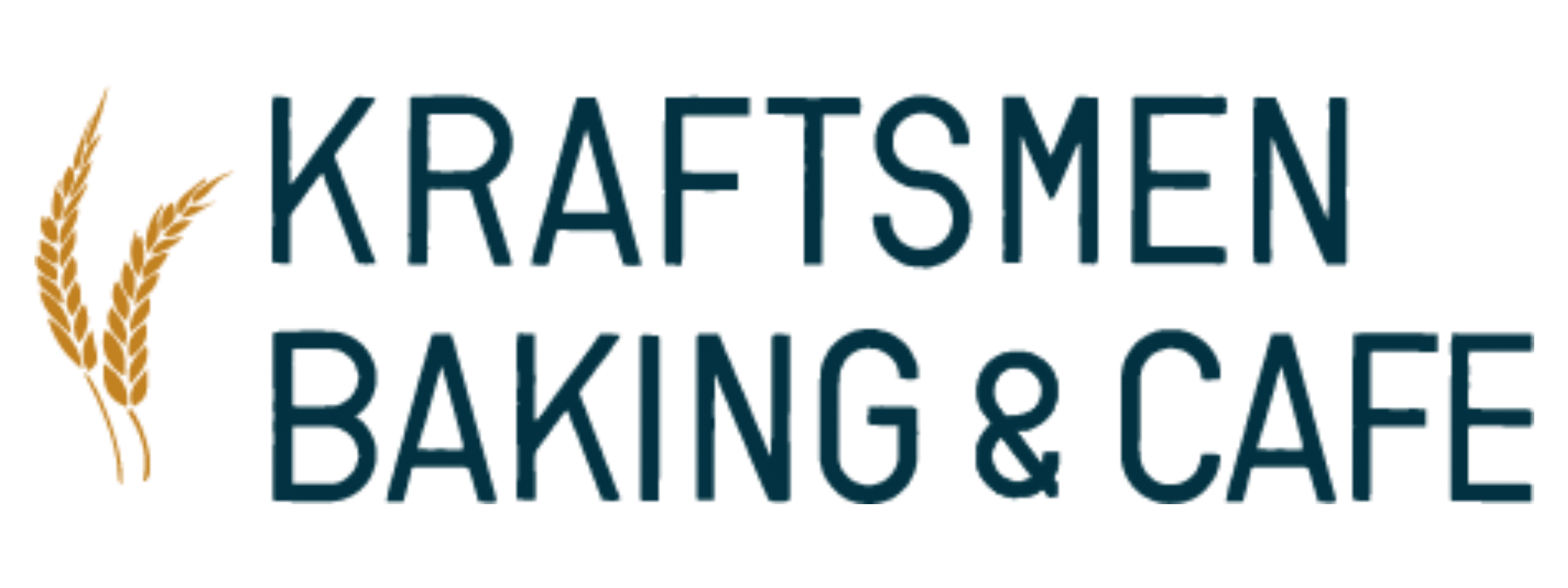There are plenty of terms that can lead to confusion. Especially, when it comes to learning the aspects of business, it can be assumed that you would prefer to understand the processes and definitions, as simply as possible. At Alpha Co. Marketing and Media, we’re here to address and share one of those today, along with how it can aid your business and marketing. That mystery word that we’ll be reviewing is “Glocalization”.
What is Glocalization?
No need to hold on to your hats, as Glocalization is not as daunting of a term to learn and understand. Glocalization is simply the merging of the two words, “globalization” and “localization” in allowing products or services to be developed and distributed globally to accommodate consumers and users. This is a strategy that most big companies and brands already use, by adapting their methods, services, and products to adapt better in local markets.
For example, both Starbucks and Coca-Cola execute well in reaching broad-spectrum audiences. Their products are everywhere, throughout the world, in various countries. However, to increase the strength of their brand in multiple areas, they would adapt their products or services to reflect the local cultures, customs, and literature.
How do Big Companies use Glocalization?
Coca-Cola
For Coca-Cola, during the winter holidays, this brand redesigns its cans and bottles to have different names and cultural designs presented to the consumer. This allows the consumer to feel more related to the brand, by influencing their nostalgia and/or inclusiveness, thus increasing consumer loyalty. Coca-Cola even created a blank can/bottle, so that consumers who couldn’t find their name, could write it on the can/bottle themselves; clever marketing.
Starbucks
Starbucks utilizes this method, as well. Though Starbucks may have started with disposable cups for their consumers, they eventually began selling reusable (ceramic, plastic, metal, etc.) cups, mugs, bags, and other products with their logo presented. The designs reflected how that area was best represented. This leads to the insightful details glocalization focuses on.
If Starbucks were stationed in a major sports-loving dominated city, they would likely be filled with more products with sports team designs that the city’s people loved the most. Certain stores would even carry specific coffee blends that consumers could purchase, based on what blends were most popular in that area. This would further lead to exclusivity, as each store would cater to its local area, and some stores would carry items that other Starbucks franchises would not. Similar to Coca-Cola, Starbucks also participates in seasonal marketing, by redesigning their disposable cups with a red base and new winter holiday designs, annually. This has gained popularity in various communities, such as Starbucks’ “Red Cup”.
McDonald’s
Fast-food chains have adopted glocalization, as well. For example, the menu for McDonald’s is vastly different and exclusive in other countries compared to the United States. In Spain, McDonald’s features the McFlurry Suchard, while Hawaii features the Ube pie. These items are not, nor will ever be available in the United States. By using glocalization, McDonald’s has developed products that locals in those countries will familiarize themselves with, allowing for easier adaptation in those consumers accepting the McDonald’s brand, and future loyal customers.

Be careful with your Campaigns
Though these methods can be useful, it does not always garner positive feedback. Sometimes, politics muddy the perceptions of everyone.
This is one example of what occurred with Starbucks. In 2015, Starbucks proceeded with a progressive notion of sharing their “Red Cups”, as only red cups. Meaning, Starbucks’ “Red Cups” would only have the red base, but no Christmas and/or any other winter holiday designs. Starbucks’ plan here was to present a more unified and inclusive message to show that they appreciated everyone equally, regardless of race, culture, and color; trying to reach all the local groups. However, a group of consumers, specifically Christians, were in an uproar upon seeing this. These Christian groups short-sightedly misunderstood the message and believed that Starbucks was being anti-Christmas, which was actually the opposite.
This is to show that glocalization is a crucial method to include in any business’ utility, but also to help owners understand the possible negative outcomes that can arise from it. Don’t take this article for granted!
We look forward to being your future asset for you and your business!


































